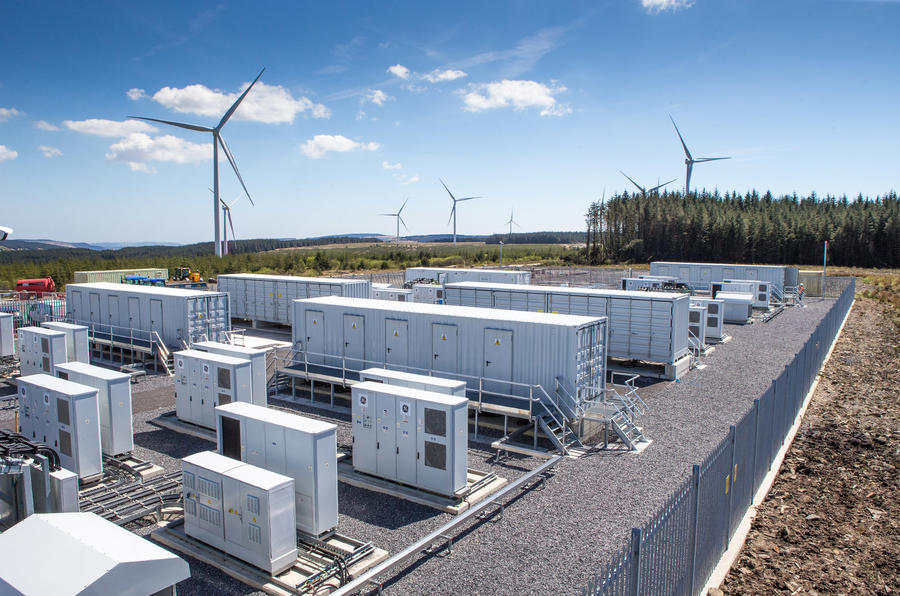"There's definitely enough energy and the grid can cope easily.” As emphatic as that statement was from Graeme Cooper, transport decarbonisation director at National Grid, it bears repeating, given just how often naysayers claim that trying to replace the 37 million ICE cars on UK roads with EVs won’t work.
Cooper says it’s a giant red herring, because the UK’s energy demand on the grid peaked back in 2002 (at 62GW), since falling by 16% due to efficiency gains, led largely by the installation of solar panels; and long-standing investments in renewable energy sources, principally wind, will add significant capacity in time.
In fact, Cooper’s team estimates that if everyone made the switch to an EV tomorrow, the grid would still cope. The additional pull has been calculated at about an extra 10% on today’s levels, so still less than what was required to keep the lights on in 2002.
But the critics continue: what of the energy mix? It’s all very well running EVs (which currently require more energy to make than ICE cars so must drive some 30,000 miles before they ‘break even’ on emissions), but what if the electricity we put in them is coming from fossil-fuelled power stations? Surely we’re only displacing the pollution?
There is truth in this, but the outlook is positive and getting better. Although the pandemic has skewed usage, the government’s Energy Trends report from June showed that, for a fourth quarter from five, renewable energy generation eclipsed that of fossil fuel, with major investment in offshore wind farms in particular coming online. Following recent closures, the UK has only four fully operational coal-fired power stations.
What if every EV owner plugged in at the same time? It’s actually not an absurd question, as most drivers would probably get home from work at the already peak time of 6pm to 8pm.
This is a stickier equation, but one in which smart chargers (which can tell when you need to leave and which can pull energy at the most efficient times) come into play. This emerging technology, coupled with developing ideas to use plugged-in EVs to draw and store energy and then actually supply it back to the grid, shows there’s potential for massive efficiency gains.
The bottom line is that transporting people and goods creates around 28% of UK carbon emissions. While the automotive industry may reasonably argue that it has done much to improve rapidly, and other sectors would do well to match its record, it’s also clear why it must keep changing. The good news is that much of the infrastructure needed to support it is in shape already.
READ MORE
How the National Grid will work with electric cars
Road to 2030: Will the national grid cope, and will there be blackouts?





Join the debate
Add your comment
Switching to EVs makes total sense technologically and economically. It’s hard to believe that we’re even still having the debate. Nuclear is too slow to build to make an impact on Climate Change, so that isn’t a debate either. It’s time we put the fossil fuel Luddites out to pasture. IC is fine for classics and antiques, but not for transport.
There is little truth in the "moving pollution elsewhere myth", because those people who say it never mention how much electricity you need to drill and subsequently make petrol in the first place
So the ICE cars also need that electricity anyway, it's just that electric car uses electricity as fuel straightaway whereas ICE cars use it to make another fuel and then use that, polluting during the electricity making stage as well as when using the car.
Electric cars:make electricity -> car goes
Hydrogen cars:
make electricity -> make hydrogen -> car goes
ICE cars:
make electricity -> make petrol -> car goes and pollutes
Dream on. The poor will be even more disadvantaged and a few will make a Mottza out of government subsidies.